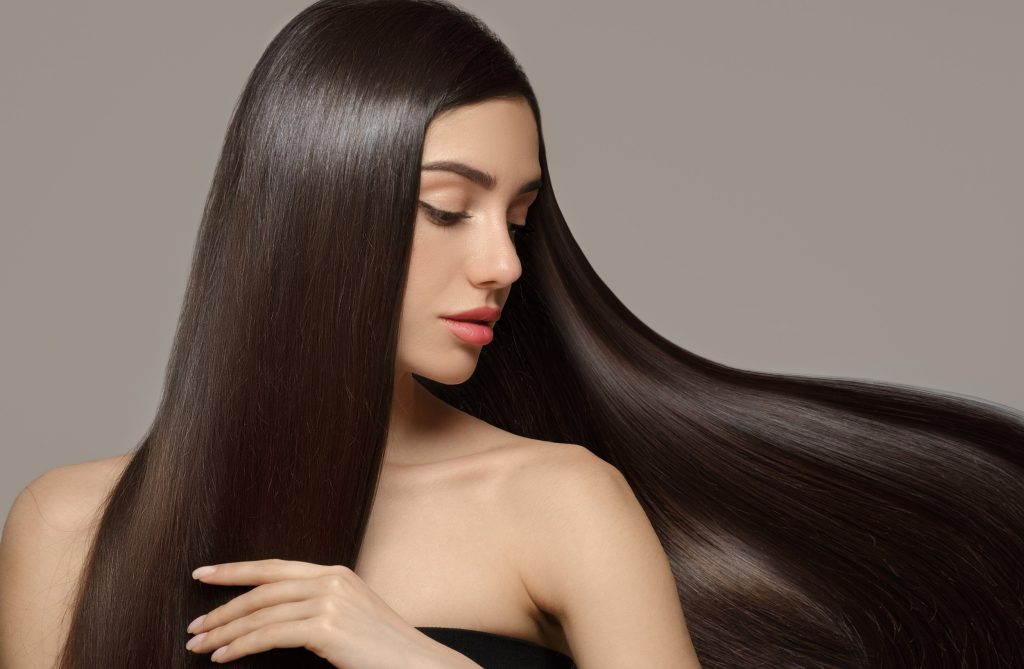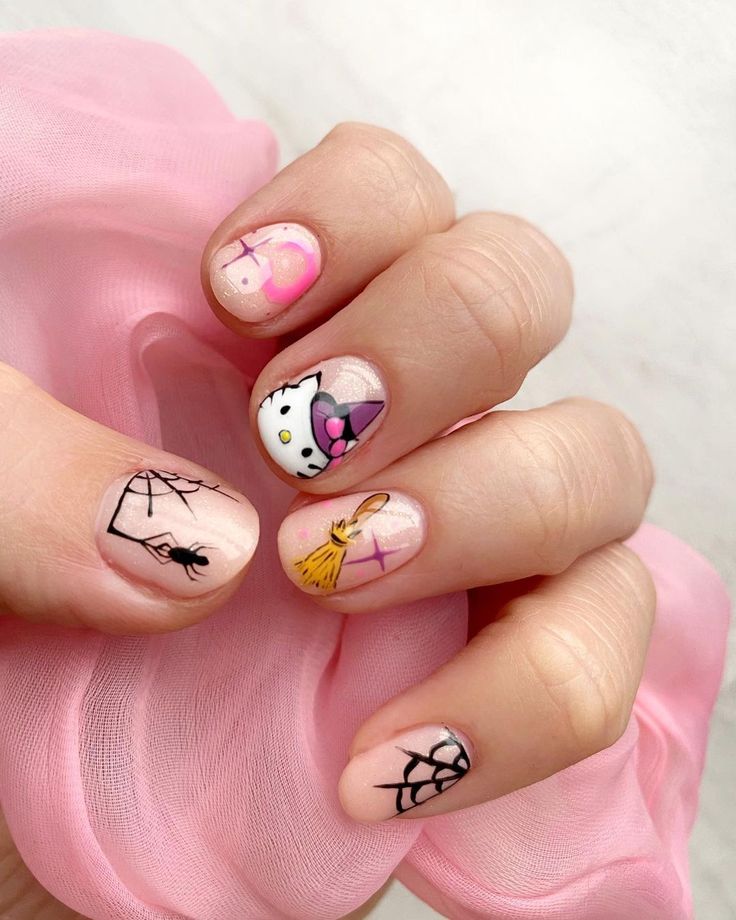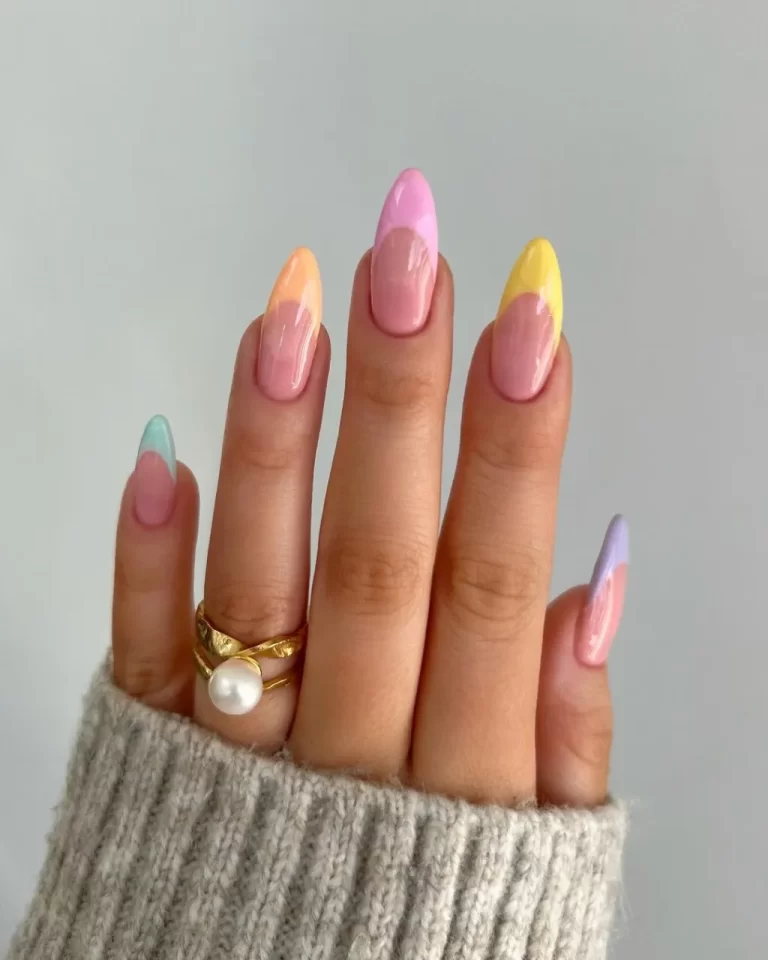
Why is My Hair Thinning
Unraveling the Mystery: Exploring the Causes of Hair Thinning
Luscious, voluminous locks are often associated with youth, vitality, and beauty. However, for many individuals, the struggle with thinning hair can be a source of frustration and insecurity. Hair thinning can manifest in various ways, from a gradual decrease in overall density to more noticeable patches of hair loss. Why is my hair thinning?Understanding the underlying causes of this condition is crucial in developing effective solutions and regaining a full, healthy head of hair.
The Complex Nature of Hair Growth
Hair growth is a intricate process governed by a delicate interplay of genetic, hormonal, and environmental factors. Each strand of hair undergoes a cyclical pattern of growth, rest, and shedding, controlled by a specific set of biochemical signals.
A disruption in any of these factors can trigger hair thinning or excessive shedding, compromising the overall health and appearance of one’s tresses.
Genetic Predisposition: An Inherited Trait
For many individuals, hair thinning can be traced back to their genetic makeup. Androgenetic alopecia, commonly known as male or female pattern baldness, is a hereditary condition that affects both men and women.
In this condition, the hair follicles become hypersensitive to certain hormones, leading to a progressive miniaturization and eventual shedding of hair strands. This type of hair thinning often follows a distinctive pattern and can be challenging to reverse without medical intervention.
Hormonal Imbalances: A Delicate Dance
Hormones play a pivotal role in regulating the hair growth cycle. Fluctuations or imbalances in hormone levels can significantly impact hair health and density.
Conditions like polycystic ovary syndrome (PCOS), thyroid disorders. And hormonal changes associated with pregnancy or menopause can trigger excessive hair shedding or thinning. Addressing the underlying hormonal imbalance is often key to restoring healthy hair growth.
Stress: A Silent Saboteur
Stress can be a silent saboteur when it comes to hair health. Chronic stress triggers the body’s fight-or-flight response, diverting resources away from non-essential functions like hair growth.
Additionally, stress can cause an increase in the production of certain hormones, leading to hair follicle sensitivity and premature shedding. Managing stress through lifestyle changes, relaxation techniques, and seeking support can help mitigate its negative impact on hair health.
Nutritional Deficiencies: Fueling Hair Growth
Hair is a protein-rich structure, and its growth and maintenance require a steady supply of essential nutrients. Deficiencies in vitamins like iron, biotin, zinc, and proteins can disrupt the hair growth cycle, leading to thinning and excessive shedding.
Ensuring a balanced and nutrient-dense diet, or supplementing with appropriate vitamins and minerals, can help provide the necessary building blocks for healthy hair growth.
Medical Conditions: Underlying Health Factors
Certain medical conditions can also contribute to hair thinning or loss. Autoimmune disorders like alopecia areata. Where the body’s immune system attacks the hair follicles, can cause patchy hair loss or complete baldness.
Conditions like anemia, thyroid disorders, and scalp infections can also disrupt the hair growth cycle, leading to thinning or excessive shedding. Addressing the underlying medical condition is crucial for restoring healthy hair growth.
Medications and Treatments: Potential Side Effects
Certain medications and medical treatments can have unintended consequences on hair health. Chemotherapy drugs, certain blood thinners, and medications used to treat depression, heart conditions, and high blood pressure have all been associated with hair thinning or loss.
It’s essential to discuss potential hair-related side effects with your healthcare provider and explore alternative treatment options if possible.

Physical and Environmental Factors
Physical stress on the hair, such as excessive styling, heat treatments, and chemical processes, can weaken and damage the hair strands, leading to breakage and the appearance of thinning.
Additionally, environmental factors like pollution. UV exposure, and harsh weather conditions can take a toll on hair health, compromising its strength and resilience. Adopting gentle hair care practices and protecting hair from environmental stressors can help minimize damage and promote healthy growth.
Age: A Natural Progression
As we age, the natural hair growth cycle can slow down, leading to a gradual reduction in hair density. This is a normal part of the aging process and is often more noticeable in individuals predisposed to hair thinning or baldness.
While age-related hair thinning may be unavoidable, maintaining a healthy lifestyle and seeking professional advice can help manage and mitigate this natural progression.
Seeking Professional Guidance
If you’re experiencing hair thinning or excessive shedding, it’s essential to seek professional guidance from a dermatologist or trichologist (a specialist in hair and scalp disorders). These experts can help identify the underlying cause of your hair thinning and recommend tailored treatment options.
Depending on the cause, treatments may include topical or oral medications, hair transplantation, laser therapy, or lifestyle and dietary modifications. Early intervention and consistent treatment can often yield the best results in restoring hair health and density.
Embracing Self-Care and Patience
Addressing hair thinning requires a holistic approach that combines medical interventions, lifestyle changes, and self-care practices. It’s essential to be patient and consistent with your treatment plan, as hair growth is a gradual process that can take several months to show visible results.
Incorporating stress-reducing activities, practicing gentle hair care routines, and embracing a positive mindset can also support the journey toward healthier, fuller locks.

Unraveling the Mystery and Regaining Confidence
Hair thinning can be a complex and multifaceted issue, with various underlying causes contributing to its development. By understanding the potential factors at play, from genetics and hormones to stress and medical conditions, individuals can take proactive steps to address the root cause and regain a full, luscious head of hair.
Remember, seeking professional guidance, maintaining a healthy lifestyle, and practicing patience and self-care are crucial components of the journey toward restoring hair health and confidence. Embrace the process, celebrate small victories. Trust that with the right approach, the mystery of hair thinning can be unraveled, paving the way for a revitalized, vibrant mane.
Conclusion
Hair thinning can be caused by various factors such as genetics, hormonal changes, stress, diet, and certain medical conditions. Understanding the underlying cause is crucial for choosing an appropriate treatment. Consulting with a healthcare professional can help address concerns and identify potential solutions for managing hair thinning.
Embracing a healthy lifestyle, using appropriate hair care products, and considering medical interventions if necessary can aid in preserving hair health. While addressing hair thinning can be challenging. Taking proactive steps and seeking professional guidance can help individuals maintain strong, healthy hair and address potential underlying issues impacting hair density.



